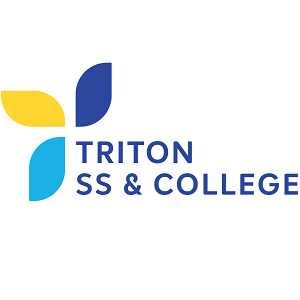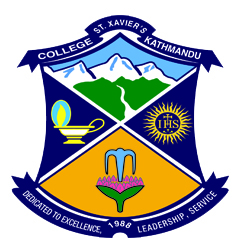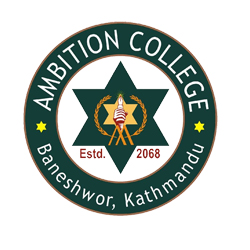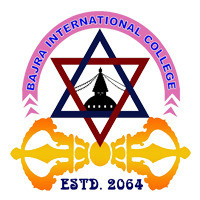Overview
BSW at Xavier International College, Kathmandu
Bachelor of Arts in Social Work (BSW) at Xavier International College serves students who want methodical preparation for people-focused roles in Nepal. The program runs for four years under Tribhuvan University and carries a second major in Psychology. The college notes a total of 90 credit hours, practical training components, and 14 course examinations leading to a TU degree.
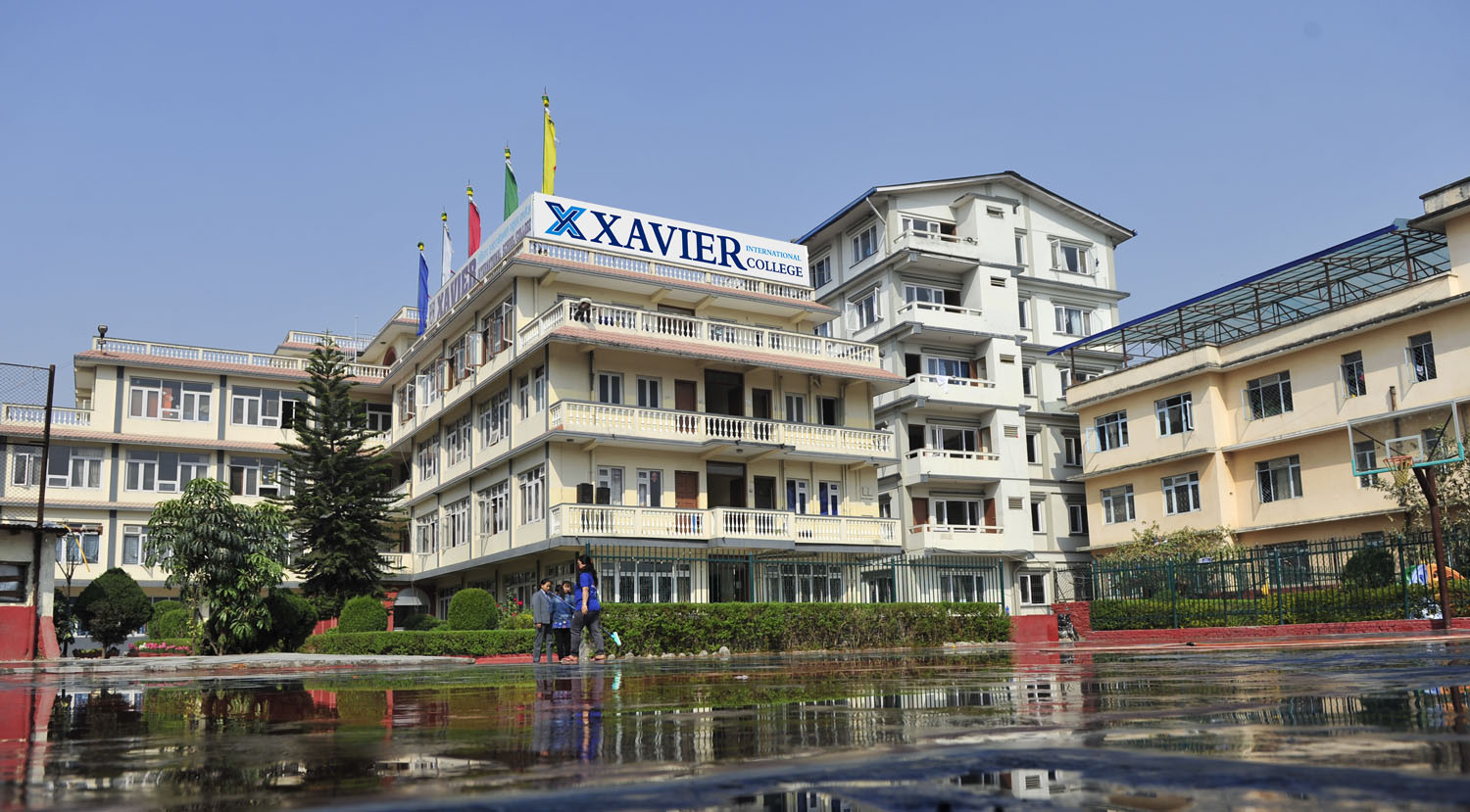
Overview
BSW at XIC builds knowledge of social work values, ethics, community organization, policy awareness, and service delivery systems. The Psychology second major helps students understand behavior, motivation, and mental health contexts that often appear in field settings. The structure supports students who plan to engage with families, schools, communities, hospitals, and development programs in Nepal.
Highlights
Duration: four years
Affiliation: Tribhuvan University (Faculty of Humanities and Social Sciences)
Total credits: 90 credit hours, including coursework and practical cum training
Examinations: 14 course examinations for TU degree award
Curriculum details
Coursework spans social work foundations, human behavior, social psychology, research basics, and community practice. Practical components include placements and field assignments that introduce real cases under faculty supervision. Students learn report writing and presentation skills alongside interviews, observation methods, and group facilitation. The college’s need-based methodology—fieldwork, excursions, project studies, reports, and presentations—builds steady links between theory and practice over the four years.
Objectives
The program aims to deepen understanding of social work as a profession and development studies in the Nepal context. Students learn to apply critical thinking to case situations, examine ethical duties under professional codes, and recognize how power and discrimination shape lived experiences. The objective set points toward thoughtful practice in schools, hospitals, community agencies, and policy spaces.
Scope
Graduates take on roles across family and school social work, medical social work, community development, and research or planning. These tracks appear in public agencies, hospitals, NGOs, INGOs, and local government programs. The program’s Psychology second major adds relevance for student counseling, child protection cases, and support work in health facilities.
Learning outcomes
Students learn to:
-
apply critical thinking within professional practice
-
follow the value base, ethical standards, and principles of social work
-
recognize oppression and discrimination and plan advocacy or social change strategies that promote social and economic justice
-
function within organizational structures and service delivery systems while seeking necessary changes that benefit clients and communities
Skill development modules
The college highlights activities that sharpen both knowledge and skills. Students write reports, present findings, and complete field tasks that build communication and documentation habits expected in agencies. Field education helps students learn case recording, referral processes, and group facilitation. These activities appear across semesters as guided tasks under faculty oversight.
Teaching methodology
Faculty use a developmental interactive approach, acting as facilitators who plan activities and maintain an environment suitable for open discussion. A balanced teacher–student ratio supports steady interaction. This method builds confidence for interviews, home visits, school meetings, ward office coordination, and hospital rounds that students will face during placements or entry-level jobs.
Admission requirements
Academic requirement: completion of 12 years of schooling (or equivalent) under the university’s rules
Affiliation: Tribhuvan University
College process: choose course → submit application → sit entrance (if notified) → interview → offer → enrollment. The Admissions Office arranges campus visits and one-to-one discussions when requested.
Career opportunities
Family and school social workers support children and families navigating academic, behavioral, or social issues at home, school, or within communities. Medical social workers help patients and families understand treatment, access resources, and cope with illness. Community social workers focus on community organization, planning, administration, and social action to improve local conditions. Administrators, researchers, planners, and policymakers provide program design, monitoring, and evaluation inside agencies. These example tracks reflect the prospectus listing.
Scholarships and financial aid
Scholarship options vary by intake. Students should check the current admission notice for BSW and inquire with the Admissions Office for any merit- or need-based provisions and documentation requirements for that cycle. Campus counseling services also support students seeking information on further study and training after BSW.
Why choose this course?
Students who want structured preparation for frontline roles in Nepal’s social sector will find BSW at XIC consistent and grounded. The Psychology second major and the program’s practical requirements give you a clear runway into schools, hospitals, and community programs. Values and ethics receive careful attention, and the field components help students meet real people, record cases, and work within service systems in a responsible way.
Conclusion
BSW at Xavier International College offers a TU-affiliated four-year route that balances classroom learning with field practice. Students gain the mindset and skills required for early roles across education, health, and community services in Nepal. Confirm annual timelines, entrance notifications, and document lists through the college before applying.



